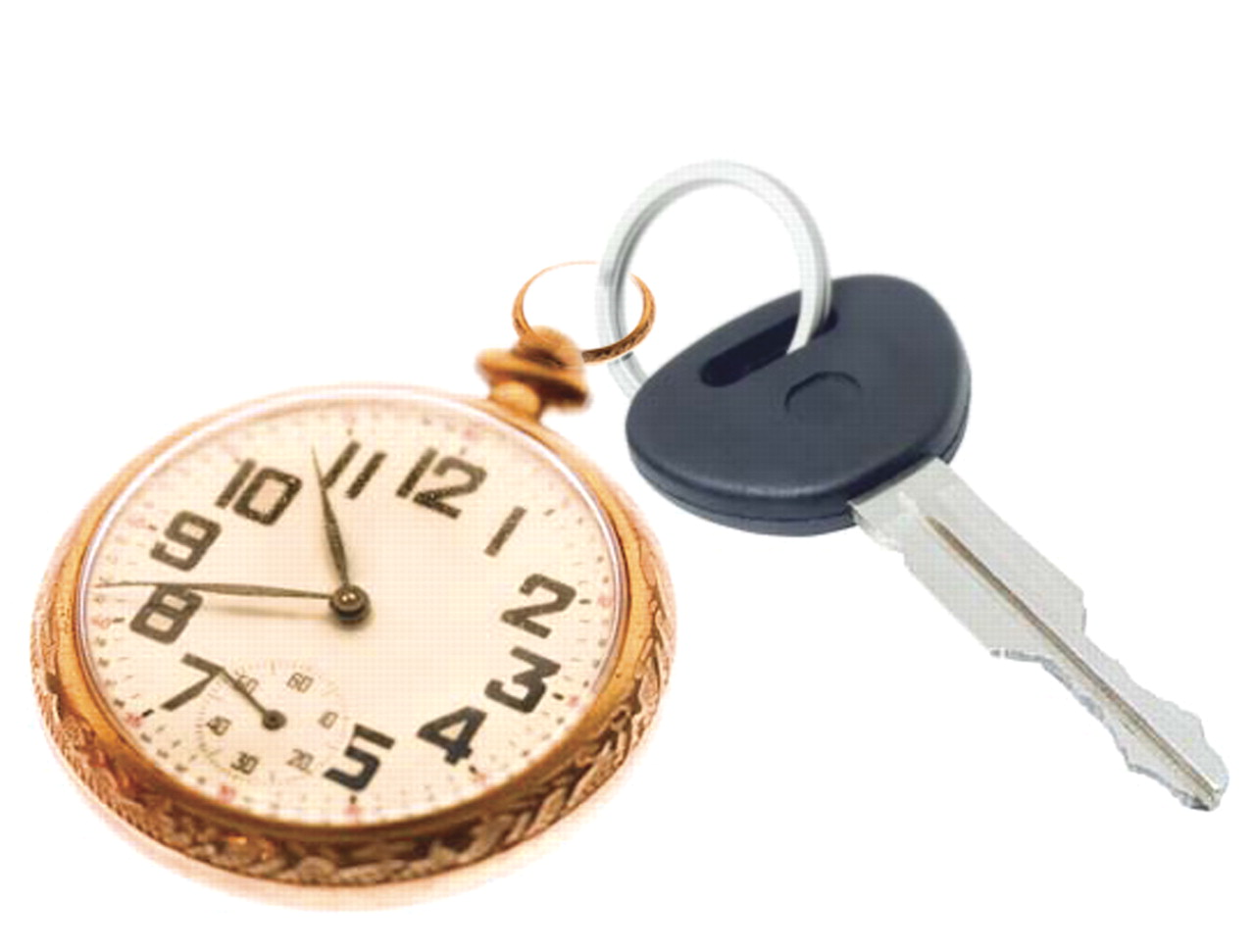For a good decade now, John Morris, M.D., a professor of neurology at Washington University in St. Louis, has been interested in the impact of Alzheimer's disease on a person's ability to drive.
This issue is becoming increasingly important, Morris reported at the annual Canadian Psychiatric Association meeting in Vancouver in November, since the baby-boom population is growing older, and by 2020 there is going to be a huge number of people 65 years or older driving. And the older people get, the more susceptible they become to Alzheimer's or other forms of dementia.
Indeed, simply growing older in itself can be a risk factor for motor vehicle accidents, Morris noted. In one study he and his colleagues conducted, they found that some cognitively healthy older adults became unsafe drivers over a period of two years. But older adults with Alzheimer's declined even more in their driving over this time span, the study showed. The smallest decline in driving occurred in the older, cognitively healthy control subjects, the second-smallest decline in those with very mild Alzheimer's, and the greatest decline in those with mild Alzheimer's.
Of course, 16- to 24-year-olds are the most dangerous drivers on the road, Morris said. “But many people with dementia continue to be drivers, and all of them will become unsafe at some point.”
Common unsafe behaviors in which such individuals engage, he continued, include inability to maintain the vehicle within the lane, failure to signal directional changes or lane shifts, and improper speed control.
Nonetheless, he pointed out, simply having a diagnosis of dementia does not necessarily mean that a person is an unsafe driver. So the question is, When should older people with dementia be told that they can no longer drive? Physicians caring for such individuals, he asserted, need to get involved.
One possible means of determining whether dementia patients should no longer drive is cognitive evaluation, Morris said. Putting them in a driving simulator is better, but unfortunately it is only a research tool at this point. Still another option is having an occupational therapist give the patient a driving test. Yet such a test is expensive and not widely available.
Another option is to talk not only with dementia patients, but with a family member who knows them well and how well they are driving in order to determine whether they should continue driving. “Physician judgment turns out to be pretty good,” Morris said.
Another motivation for physicians' becoming involved in the question of whether dementia patients should stop driving, Morris pointed out, is that adult children of patients with dementia are often reluctant to make the decision themselves.
“It is a very sensitive issue,” he said. Driving is the way that Americans and Canadians generally get about, and if older people can not go out, they often get depressed. ▪

